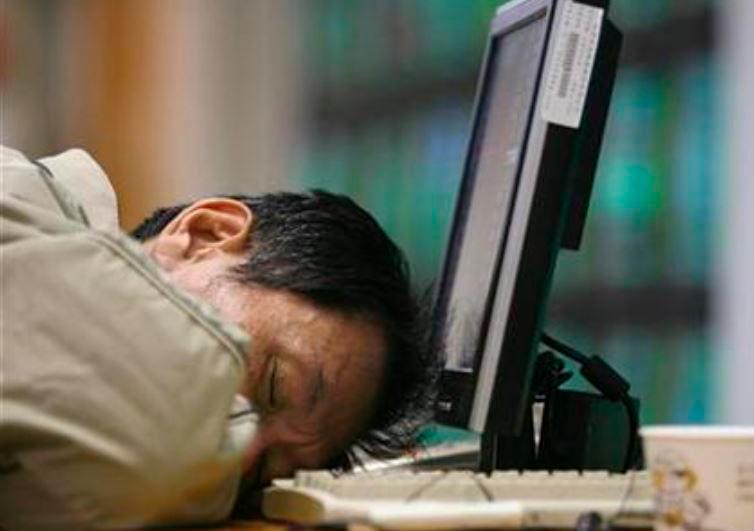KUALA LUMPUR: According to a report published on Nov 2 last year in the Asian Journal of Medicine and Health Sciences, 90% of Malaysians experience insomnia and other sleep-related problems.
The report added that over 53% of the workforce sleep less than the advised seven hours a day.
Psychologist and hypnotherapist Dr Lavanya Pillai said the effects of inadequate sleep go beyond simple exhaustion.
“It lessens one’s capacity for problem-solving and makes one more prone to illness. It also increases the chance of serious health issues such as diabetes, heart disease and high blood pressure.”
On the short-term consequences of inadequate sleep, Lavanya said it could manifest as difficulty focusing, making unwise choices or remembering crucial facts, particularly in a professional situation.
On long-term consequences, she said due to its detrimental effects on judgement and cognitive capacities, sleep deprivation raises the risk of making errors at work.
“Generally, sleep deprivation can make one more susceptible to accidents, especially at work.”
Lavanya said healthcare workers such as doctors and nurses are among those most susceptible to sleep deprivation.
“This is primarily attributed to the demanding nature of their jobs, where long shifts and unpredictable working hours interfere with their sleep cycles.
“Those working in the transportation sector such as truck drivers, pilots and train operators, as well as those in the tech and startup sectors, also have significantly higher (risk) of sleep deprivation.”
She said to help address the issue, it is essential to promote a good work-life balance and discourage working excessive hours.
For employees whose sleep deprivation issues are affecting their work performance, Lavanya suggested cognitive behavioural therapy as a treatment alternative for those who are unable to find a solution.
“This therapy helps patients to change any behaviour or mental patterns that may be impairing their ability to sleep.”
If one is looking for a treatment that works quickly and effectively, seeing a doctor for some medication is another option to consider.
These treatments may be helpful in the short term, but Lavanya noted that they rarely provide a long-term cure for sleep deprivation.
On how employers and organisations could support employees with sleep deprivation issues, human resource specialist Usha Devi Arumugam said maintaining a healthy work-life balance is essential.
“Even while there may be times when working longer hours is required, it shouldn’t be so regular that good sleep is affected.
“Employees should be upfront with their employers about getting inadequate sleep and how it is affecting their work performance.”
Usha Devi said successful leaders and good employers place a high value on constructive criticism, particularly when it relates to the welfare of their staff.
“By expressing their worries, employees and employers may jointly explore solutions which work for both parties.”









